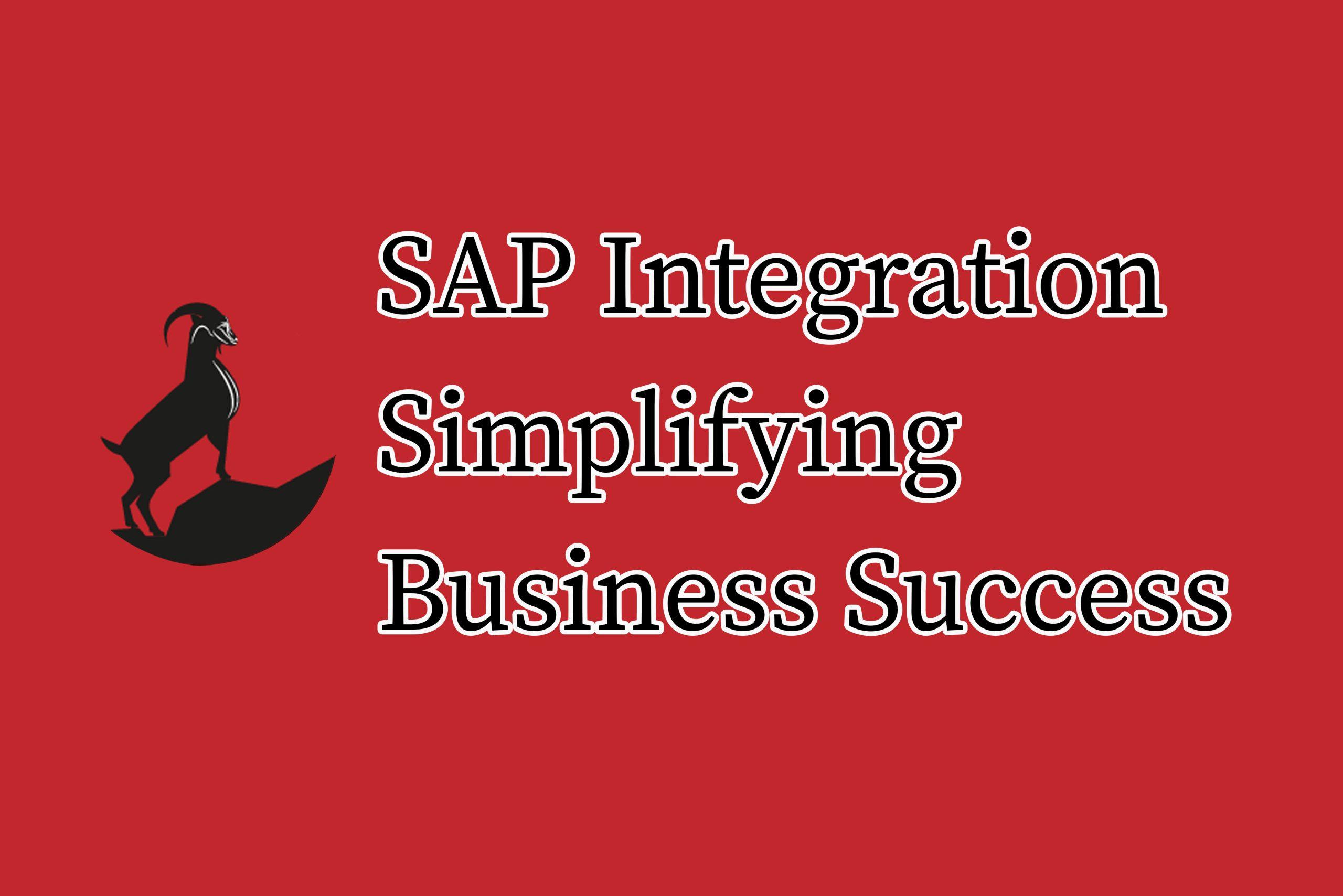
SEO Meta Description: Discover the streamlined operations brought by SAP integration and learn about its benefits and effective strategies.
Introduction
In today’s rapidly moving business landscape, efficiency is the key. SAP integration serves as a powerful tool. This article delves into the advantages of SAP integration, its role in simplifying processes, and practical strategies for its implementation.
SAP Integration: Smoother Operations
SAP integration connects software, making data sharing seamless, eliminating gaps, and enhancing visibility. It harmonizes CRM and ERP systems, integrates supply chain solutions, and unifies various systems.
Benefits of SAP Integration
SAP integration offers advantages that directly affect business success:
Enhanced Efficiency and Productivity
Integrated systems reduce manual work and errors, leading to increased productivity.
Informed Decision-Making
Real-time data sharing supports informed decision-making.
Process Optimization
Automation through SAP integration minimizes redundancy, resulting in shorter lead times.
Customer-Centric Approach
Integrated customer data provides a comprehensive view, promoting personalized experiences.
Scalability and Adaptability
As businesses expand, SAP integration scales seamlessly.
Simple Strategies for Effective SAP Integration
Implementing SAP integration can be straightforward with these strategies:
1. Evaluate Existing Systems
Assess current software to identify integration points.
2. Define Integration Objectives
Set clear goals aligned with business objectives.
3. Choose Integration Approach
Select an integration method, such as point-to-point or middleware-based.
4. Ensure Data Consistency
Map data fields for precise data exchange.
5. Rigorous Testing
Thoroughly test integrated systems before deployment.
6. Training and Communication
Provide training on the new environment to employees.
Common SAP Integration Queries
How does SAP integration improve operations?
SAP integration strengthens operations by enabling real-time data sharing.
What role does middleware play?
Middleware serves as a conduit, facilitating smooth communication between applications.
Can SAP integration be tailored?
Absolutely, SAP integration can be customized to fit specific business needs.
Is SAP integration costly?
Although there might be initial costs, the long-term efficiency gains outweigh them.
Which industries benefit?
SAP integration benefits a wide range of industries.
How can I measure success?
Success is measured through reduced process times and improved data accuracy.
Wrapping Up
SAP integration simplifies business efficiency and growth. By linking software systems, it enhances productivity, decision-making, and customer experiences. Setting clear goals, choosing the right approach, and providing training facilitate a smooth transition. SAP integration paves the way for an agile business landscape.

